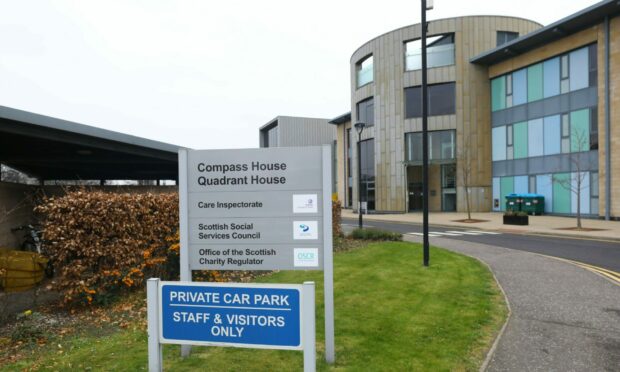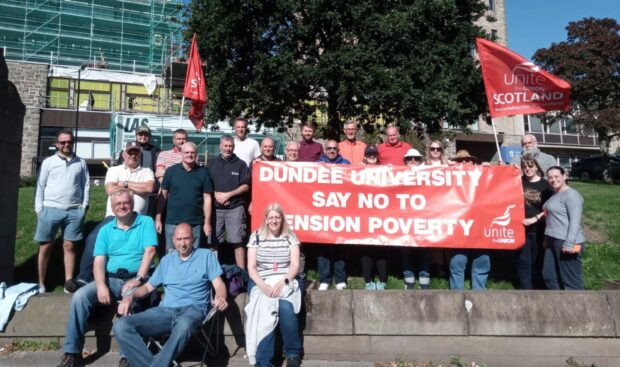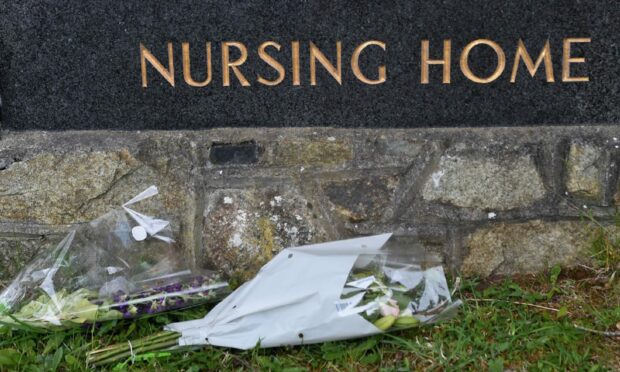Scotland’s care home regulator is under fire after splashing out more than £1 million on agency workers while “undervalued” staff await a pay deal.
The spending by the Dundee-based Care Inspectorate went towards the equivalent of 10 full-time workers last year.
Three of the contractors were being paid more than the watchdog’s chief executive, who was on a salary of around £125,000.
The bill for agency workers emerged as the Unison trade union confirmed it was consulting Care Inspectorate staff on potential “action” over pay.
It could pave the way for the latest stage in a wave of industrial action in the public sector across Scotland, as workers battle for new deals amid rocketing inflation.
Recently-published accounts for the Care Inspectorate show it spent £1.025m on 10 full time equivalent (FTE) agency workers last year.
The contractors included three “highly skilled digital transformation specialists”, who were earning more than the organisation’s chief executive during their employment.
The Care Inspectorate said the spending included agency fees.
It also said that while the money covered 10 FTE workers, in reality it was spread over 25 staff.
Emma Phillips, regional organiser for Unison, said the union was aware that the watchdog had been using agency staff and is in favour of everyone being paid properly.
‘Particularly disproportionate’
But she added: “This does however seem particularly disproportionate when the staff directly employed by the Care Inspectorate were due to get a pay rise in April 2022 and eight months later are still waiting for a proper pay offer.
“The people who ensure that our loved ones are cared for effectively don’t know how they are going to get through this winter themselves.
“Unison is currently consulting our members if they want to take action.”
She added: “It is ridiculous that the staff employed directly by the Care Inspectorate are so undervalued.”
The Care Inspectorate previously faced questions over its handling of the coronavirus pandemic.
The regulator was criticised for failing to answer phone calls during the crisis, and for fully investigating just 5% of complaints about care homes for older people in 2020/21.
Deaths in care homes are expected to be a key focus of an upcoming public inquiry into the pandemic.
Peter Macleod stepped down as Care Inspectorate chief executive in February this year and was succeeded in June by Jackie Irvine.
The body previously resolved a dispute with staff, resulting in changes to pay grade structures for some inspectors, but talks on a pay award for 2022-23 were ongoing.
What did the Care Inspectorate say?
A spokesman for the Care Inspectorate said it began work in 2020 to “maintain, develop and invest” in IT infrastructure and build resilience.
“This is enabling us to increase our ability to share critical data and information with partners,” he said.
“It supports the development of our intelligence-led approach to scrutiny, assurance and quality improvement and our duty to provide public assurance about the quality of care experienced by people.
“We engaged the services of external agency workers in line with the required procurement processes, during which we were obliged to demonstrate best value.
“The specialist technical, highly skilled staff required to do this work are in high demand, and agencies charge fees in line with the market rate.”



Conversation